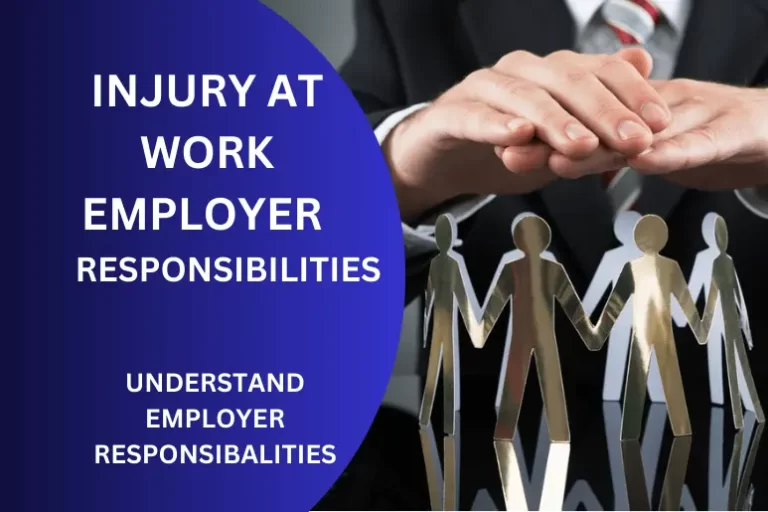What to Do When Your Employer Refuses to File a Workers’ Comp Claim
Work-related injuries can be distressing, especially when an employer refuses to file a workers’ compensation claim on behalf of the injured employee. This situation raises the question: What should one do if their employer refuses to file a workers’ comp claim? This article aims to shed light on the steps employees should take if they find themselves facing such a challenge.

Why Would an Employer Refuse to File a Claim?
Several reasons might prompt an employer to be hesitant or outright refuse to file a workers’ comp claim or lied about first report of injury:
Legal Obligations of Employers
Employers are bound by law in many states to provide workers’ compensation coverage. Once they are notified of a work-related injury, they must file the claim promptly. Delays or refusals, especially when an employer refuses to file a workers’ comp claim, can lead to legal consequences, including fines and potential lawsuits.
Steps to Take if Your Employer Refuses to File a Workers’ Comp Claim
The Role of Workers’ Compensation Lawyers
Facing resistance from your employer or the insurance company can be daunting. A workers’ compensation lawyer can be invaluable in such situations. They can help gather evidence, negotiate with the insurance company, and represent you in court if necessary. Their expertise can significantly increase the chances of a favorable outcome. Sometimes the Employee might also refuse the Workers’ Compensation due to various reasons.
Potential Consequences for Employers
Employers who refuse to file workers’ comp claims can face severe repercussions. These can range from financial penalties to legal actions. In some cases, employers might even face criminal charges for deliberately avoiding their responsibilities. It’s essential for employers to understand the gravity of their actions and the potential consequences they might face.
Support Systems for Injured Workers
Apart from legal avenues, there are several support systems available for injured workers. These include counseling services, rehabilitation programs, and financial assistance. It’s crucial for injured workers to be aware of these resources and utilize them to aid their recovery and ensure their well-being.
FAQs
Conclusion
While the workers’ compensation system is designed to support injured employees, challenges can arise when employers refuse to cooperate. However, with the right knowledge, resources, and legal assistance, employees can navigate these challenges and ensure their rights are protected.





